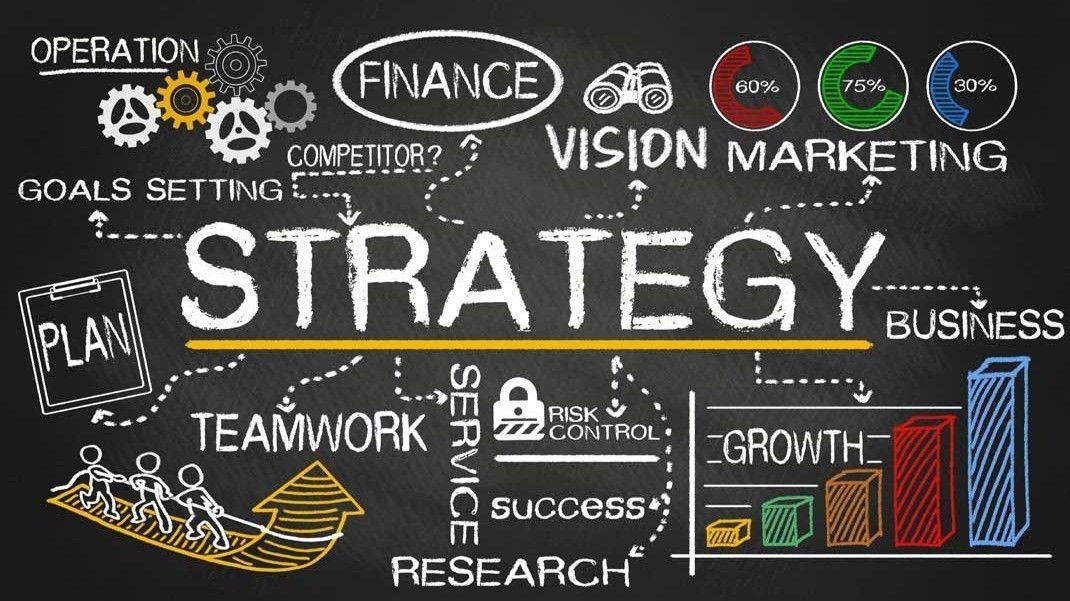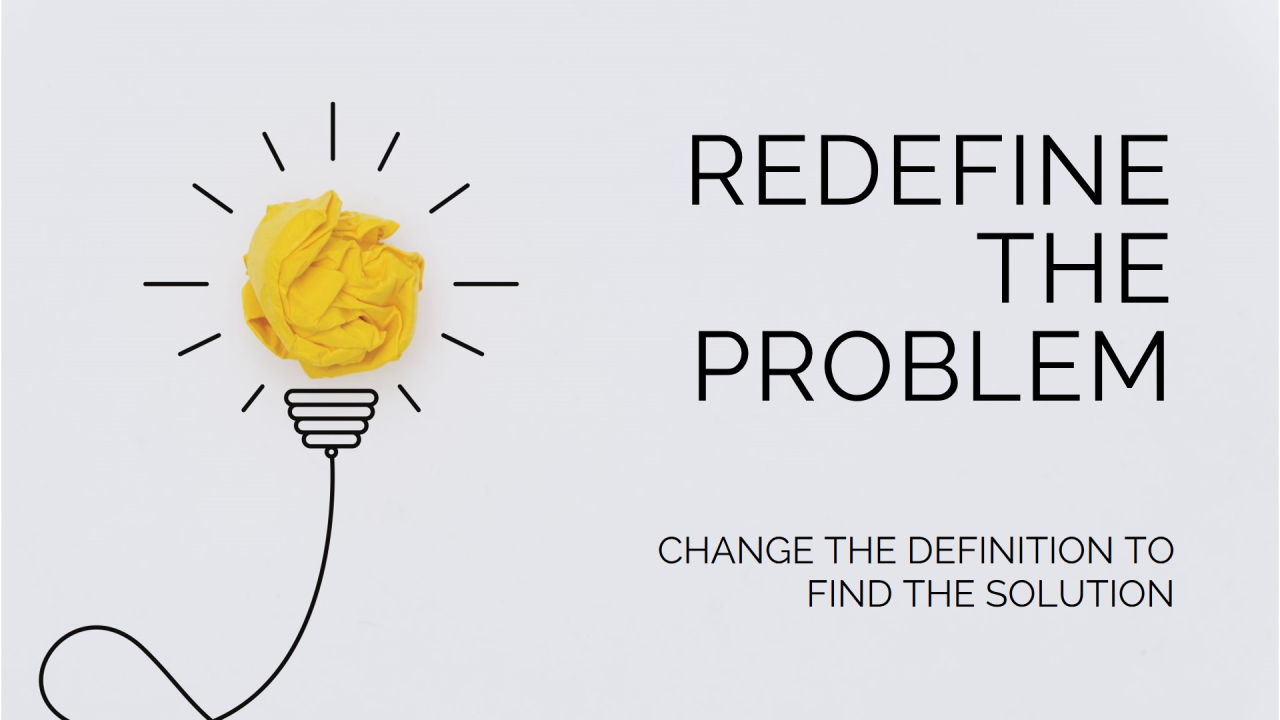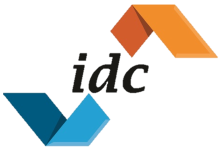Karen Ledford is a seasoned digital marketer with a passion for turning data into actionable insights. When she's not immersed in the world of content marketing, SEO or social media as IDC®'s marketing director, she's likely found tending her garden or spending quality time with her furry family. A self-proclaimed DIY enthusiast, she's always up for a new project.
Employee Resource Groups: Empowering, Engaging Workforce
In today's rapidly evolving workplace, attracting and retaining top performers requires more than just competitive salaries and benefits. Employees crave a sense of belonging, purpose, and the opportunity to contribute their unique perspectives. Employee Resource Groups (ERGs) emerge as a powerful solution.
ERGs are voluntary, employee-led groups formed around shared characteristics or interests, such as gender, ethnicity, sexual orientation, or even veteran status. They provide a safe space for connection, professional development, and advocacy for their members. But the impact of ERGs goes far beyond fostering a sense of community. These groups offer a powerful tool for companies to empower and engage their workforce, leading to a more productive, innovative, and successful organization.
The Data Behind ERG Benefits
Let's explore the compelling data that highlights the positive impact of ERGs on employee engagement and empowerment.
- Boosted Engagement: A 2023 study by McKinsey & Company found a strong correlation between employee Diversity and Inclusion efforts and financial performance. Companies with a strong commitment to Diversity, which often includes fostering ERGs, reported a 21% higher profitability compared to those with lower Diversity scores.
- Improved Retention: A 2022 Qualtrics report revealed that a sense of belonging is a critical factor in employee engagement. The report found that 91% of engaged employees felt they belonged. ERGs play a vital role in creating this sense of belonging by fostering community and inclusivity.
- Enhanced Career Development: A 2021 study by LeanIn.Org highlighted the ongoing challenges faced by women in the workplace, particularly in terms of career advancement. However, the study also found that participation in employee resource groups, specifically those focused on women, can significantly improve career development opportunities for women. The study found that women who participated in ERGs were more likely to report feeling prepared for advancement.
Beyond the Numbers: The Power of Community and Advocacy
The benefits of ERGs extend far beyond the data. These groups create a powerful sense of community within the workplace. Employees who share similar backgrounds or experiences can connect, share challenges, and celebrate successes together. This fosters a more inclusive, supportive work environment where teams feel comfortable bringing their whole selves to work.
Furthermore, ERGs can act as a strong voice for their members within the company. They can advocate for changes in policies or practices that promote Diversity and Inclusion. For example, an ERG focused on neurodiversity might advocate for more flexible work arrangements.
Examples of ERG Impact in Action
Here are some real-world examples that illustrate the positive impact of ERGs.
- JPMorgan Chase: JPMorgan Chase's Hispanic/Latino ERG, called Adelante, launched a program to support the professional development of Latina employees in leadership roles. The program provided mentorship opportunities and leadership training, resulting in a significant increase in the number of Latinas in senior leadership positions within the company.
- Accenture: Accenture’s Asian Pacific Islander (API) ERG implemented a cultural awareness training program designed to educate the broader workforce about API cultures and traditions. This program fostered a more inclusive work environment that led to increased collaboration between employees from diverse backgrounds.
Building a Culture of Empowerment Through ERGs
The success of ERGs hinges on creating a culture that empowers employees to take ownership and leadership within these groups. Companies can foster this environment by:
- Providing Dedicated Time and Resources: Employees need time to participate in ERG activities without it impacting their core job responsibilities. Additionally, companies should provide resources such as budget allocation and access to technology to support ERG initiatives.
- Offering Leadership Ssupport: Genuine support from senior management is vital. Leaders should actively champion diversity and inclusion initiatives and demonstrate their commitment to the success of ERGs.
- Promoting Open Communication: Companies should ensure clear communication about the purpose and goals of ERGs. This helps to avoid misunderstandings and fosters a culture of inclusion where all employees feel welcome to participate.
Conclusion
Engaged and empowered employees are more likely to be productive, innovative, and satisfied in their roles. This translates to a significant competitive advantage for companies that prioritize Diversity and Inclusion initiatives, including the implementation of strong ERGs.
By fostering a sense of belonging, providing opportunities for professional development, and empowering employees to advocate for change, ERGs create a win-win situation for both employees and the organization. Companies that invest in ERGs are demonstrably more likely to build a more innovative and successful workforce, and ultimately achieve their strategic goals.
Ready for More?
Master Resource Groups with CDP®
The Certified Diversity Professional (CDP)® program offers a specialized competency in Resource Groups & Diversity Councils. Learn how to optimize your ERGs and drive positive change. Advance your expertise with the CDP®!
Plus, Unlock Member-Only Resources
Individual and Group Memberships grant access to a Professional DEIA Resource Center and an ERG/BRG Community for collaboration. Become a member and empower your ERGs!
About Karen Ledford
Share This Article!
Disclaimer: Content on this blog is authored by multiple sources. While we do make every attempt to proofread and fact-check, unless authored our staff, the views expressed do not necessarily reflect those of the Institute for Diversity Certification (IDC), Inc.
More Insightful DEIA Blogs












Share On: